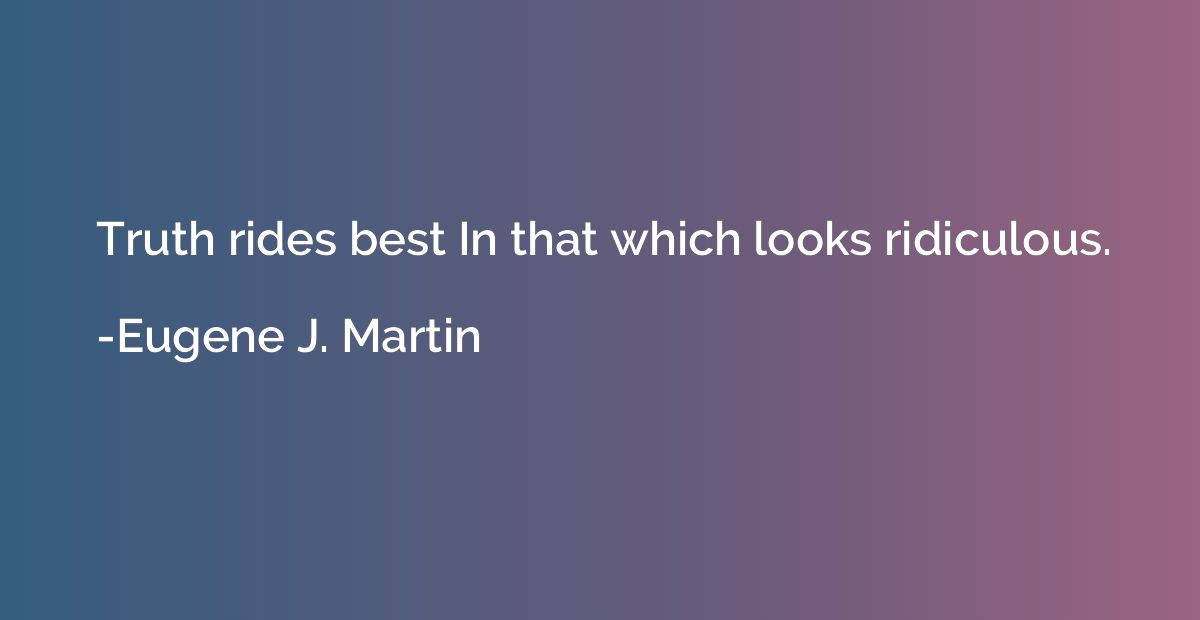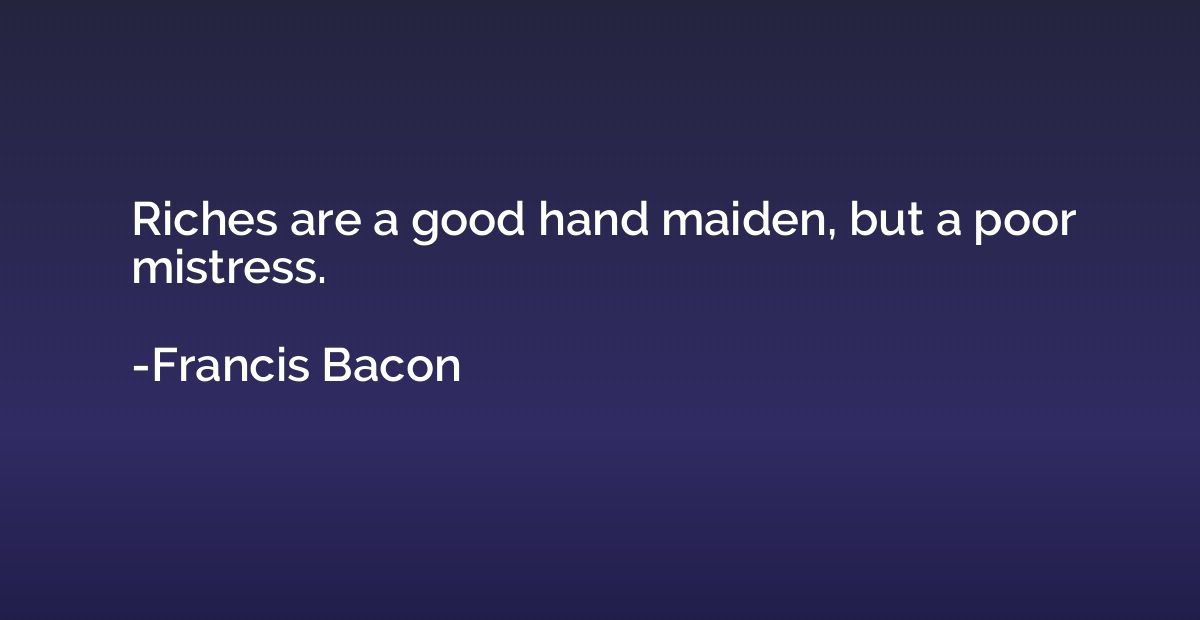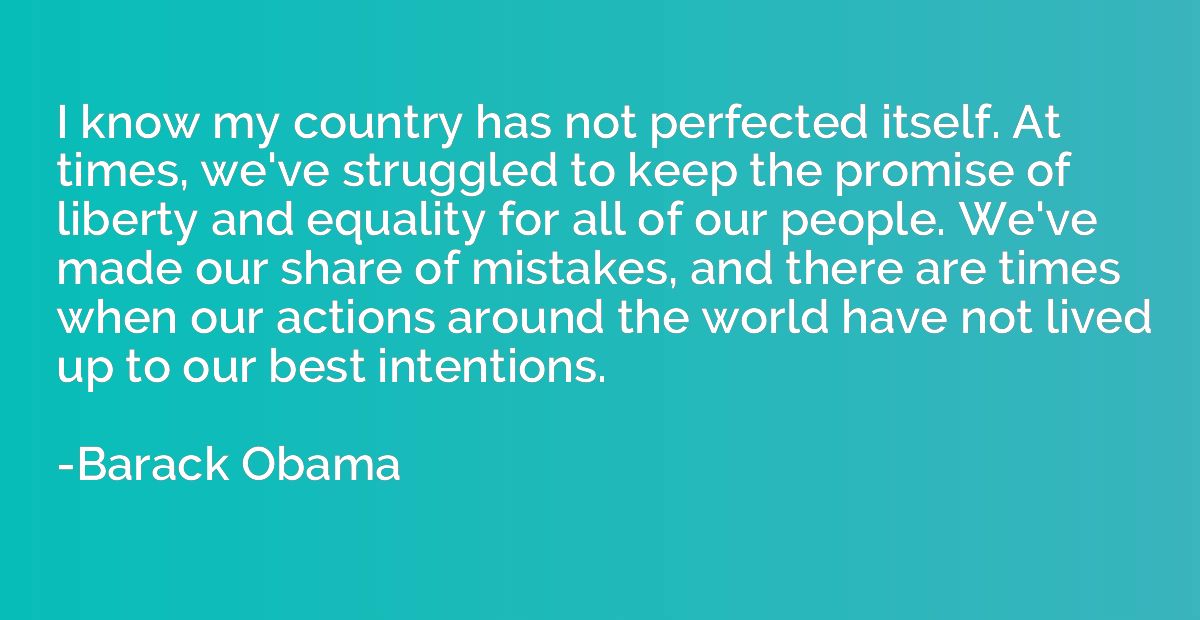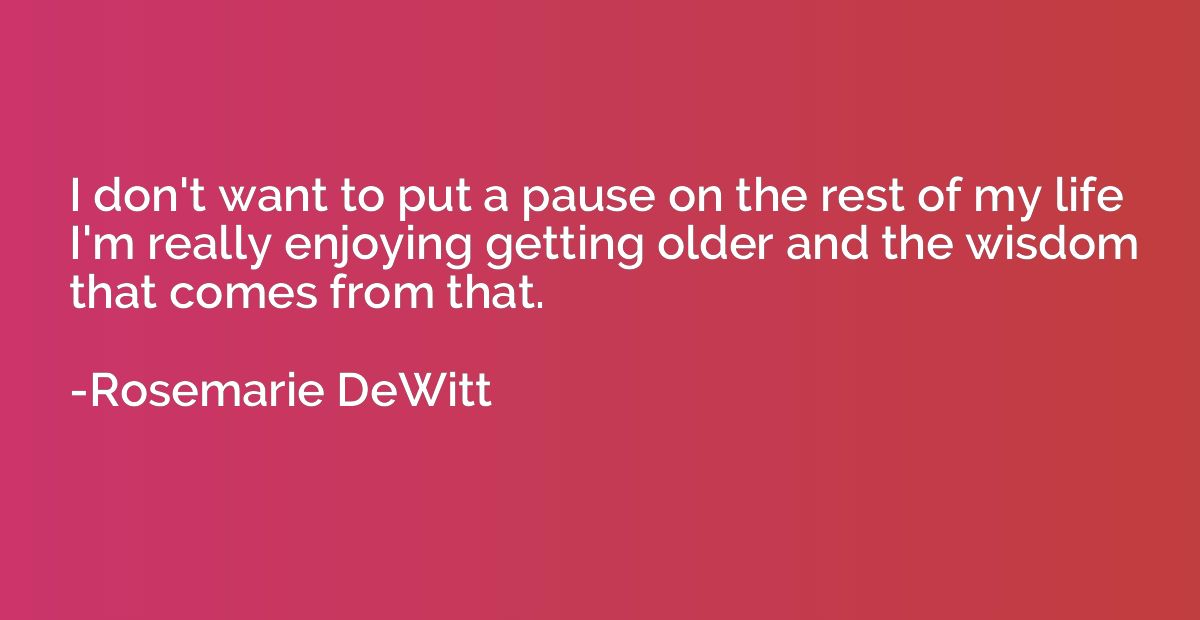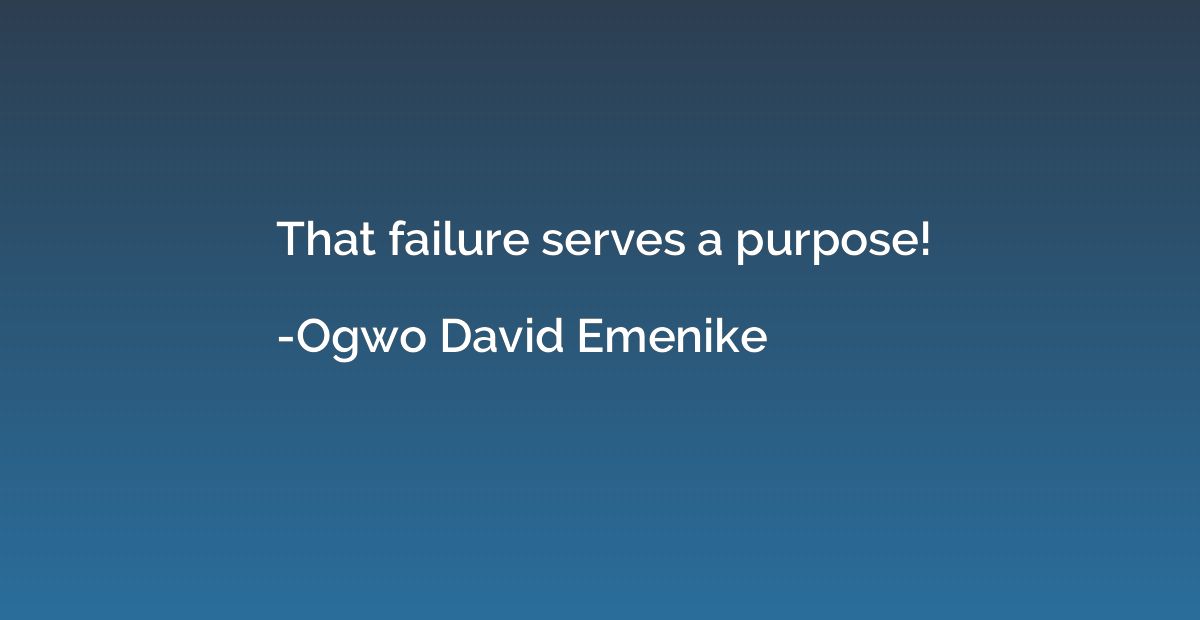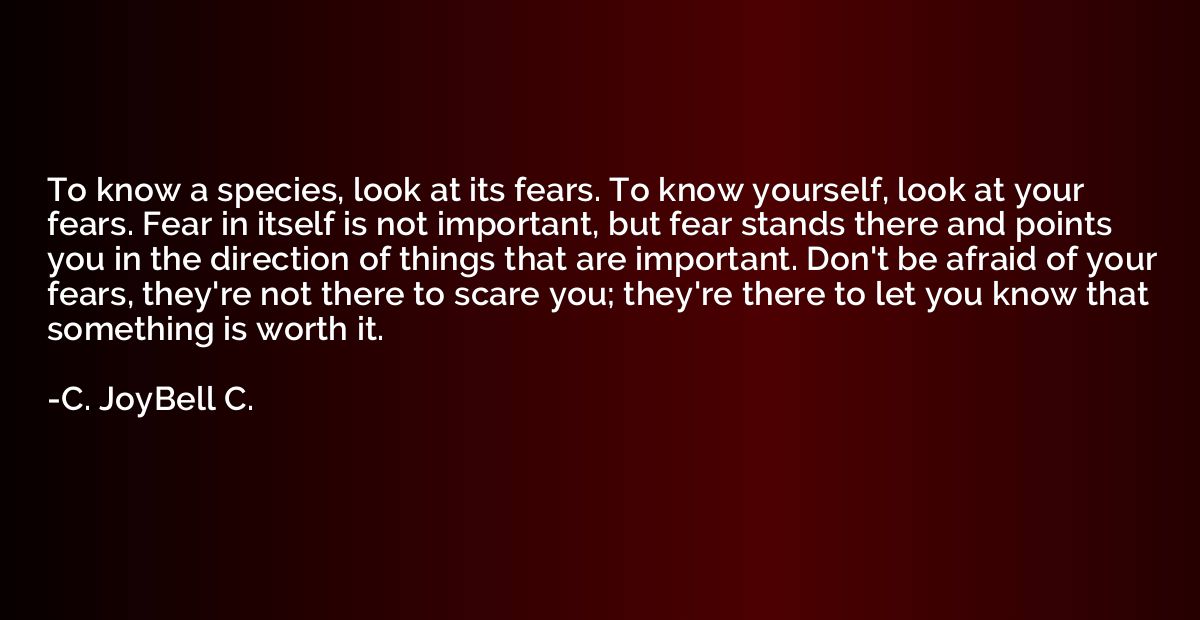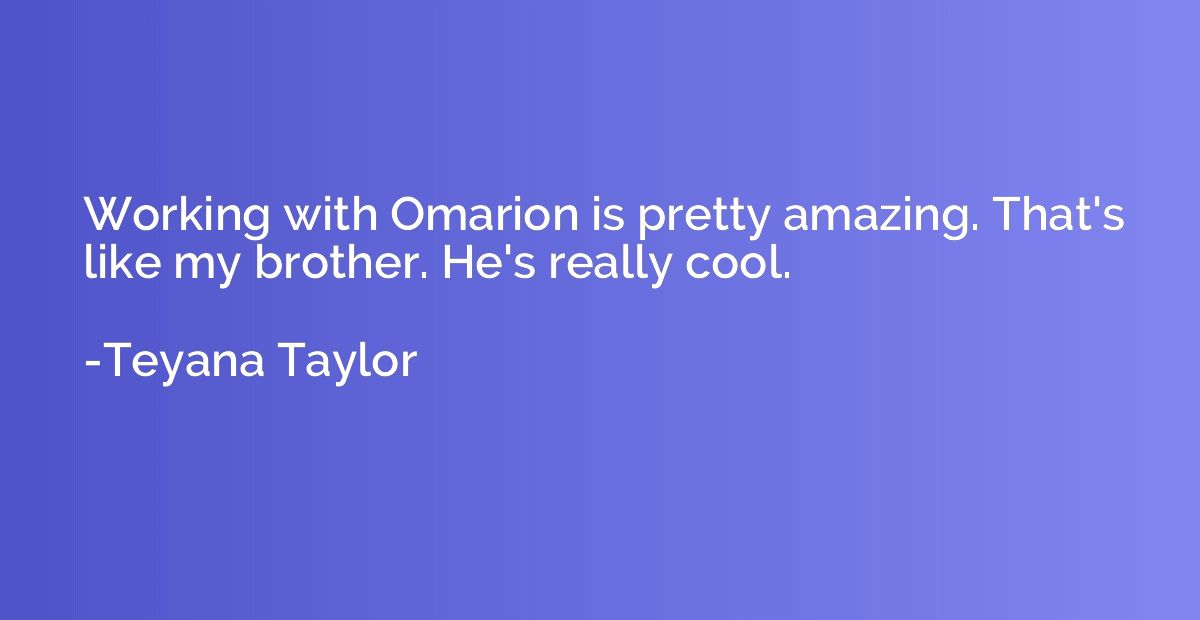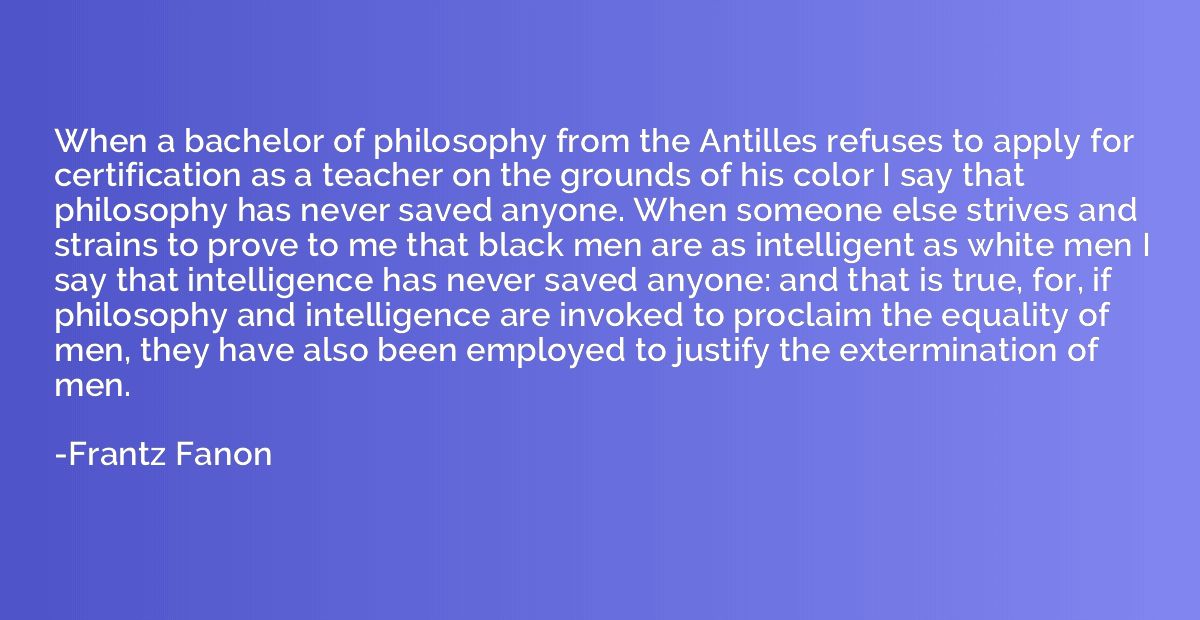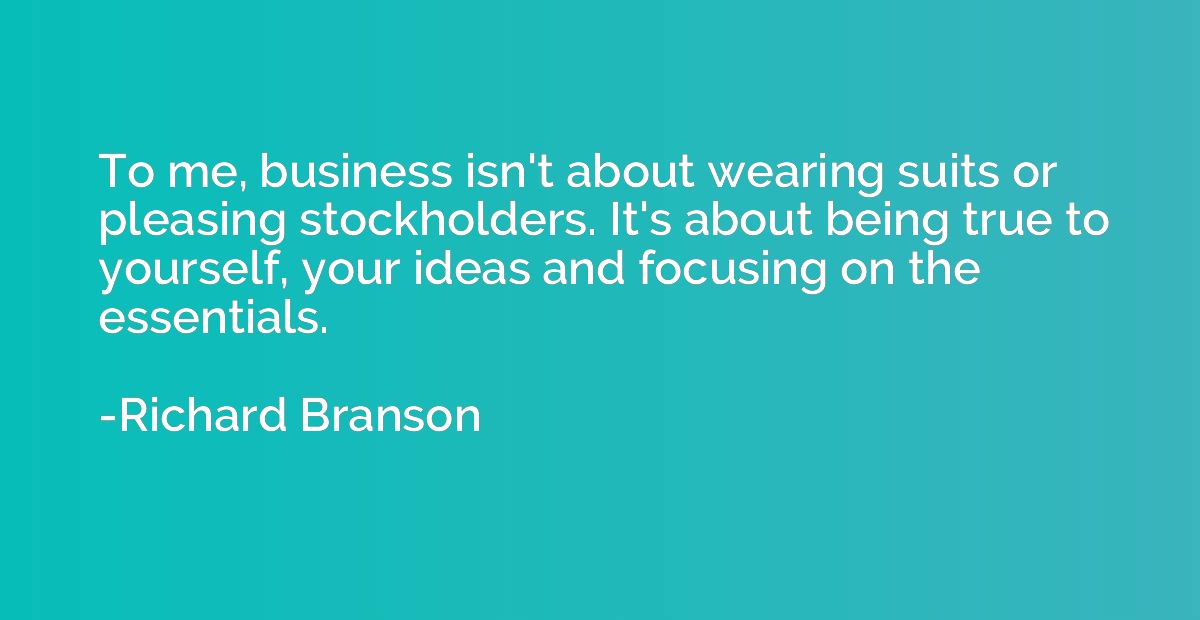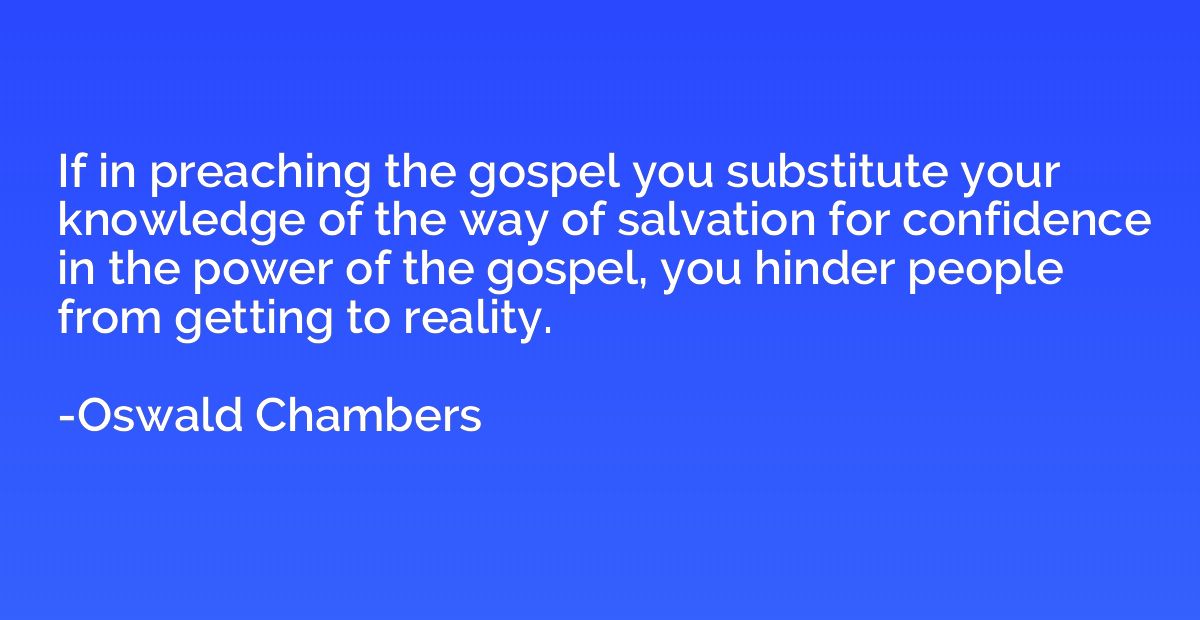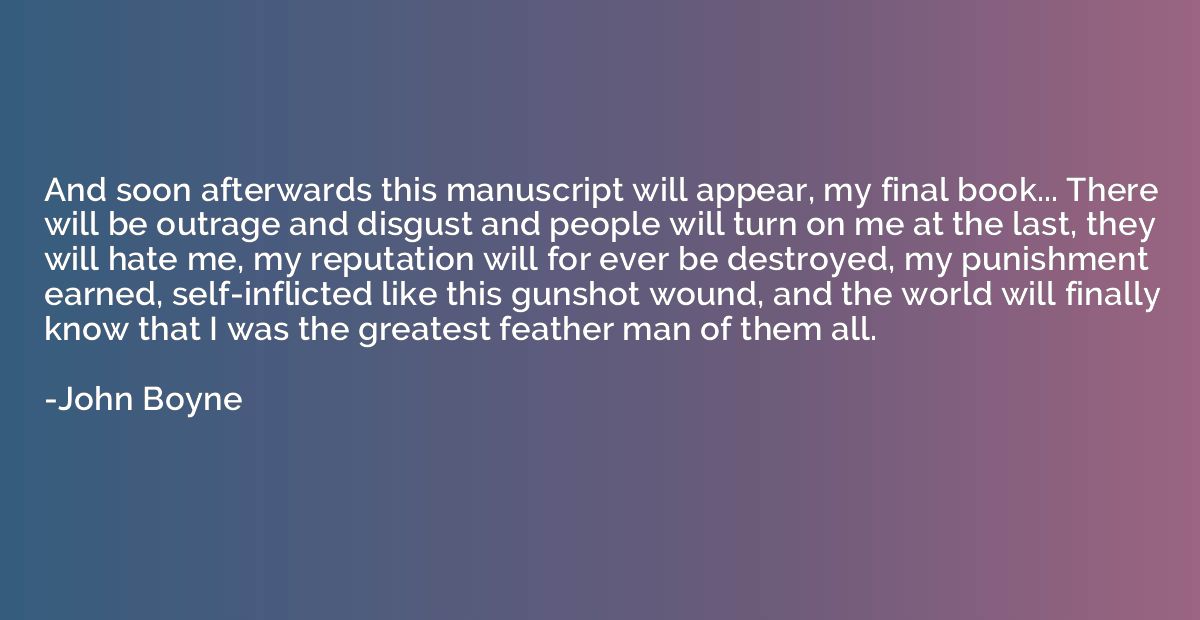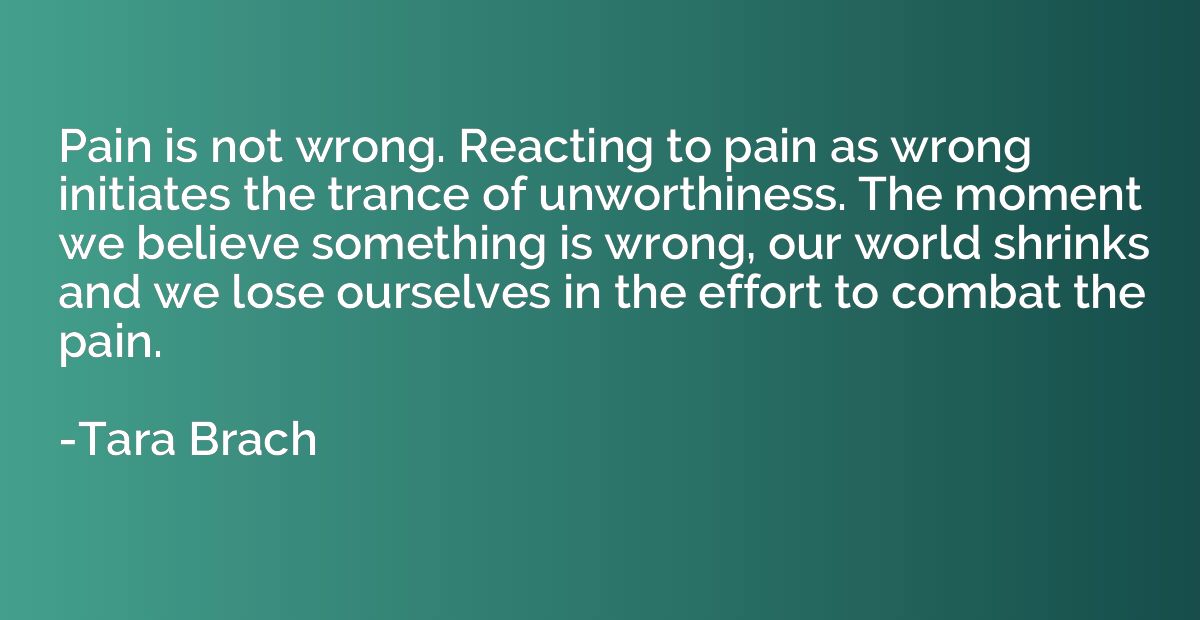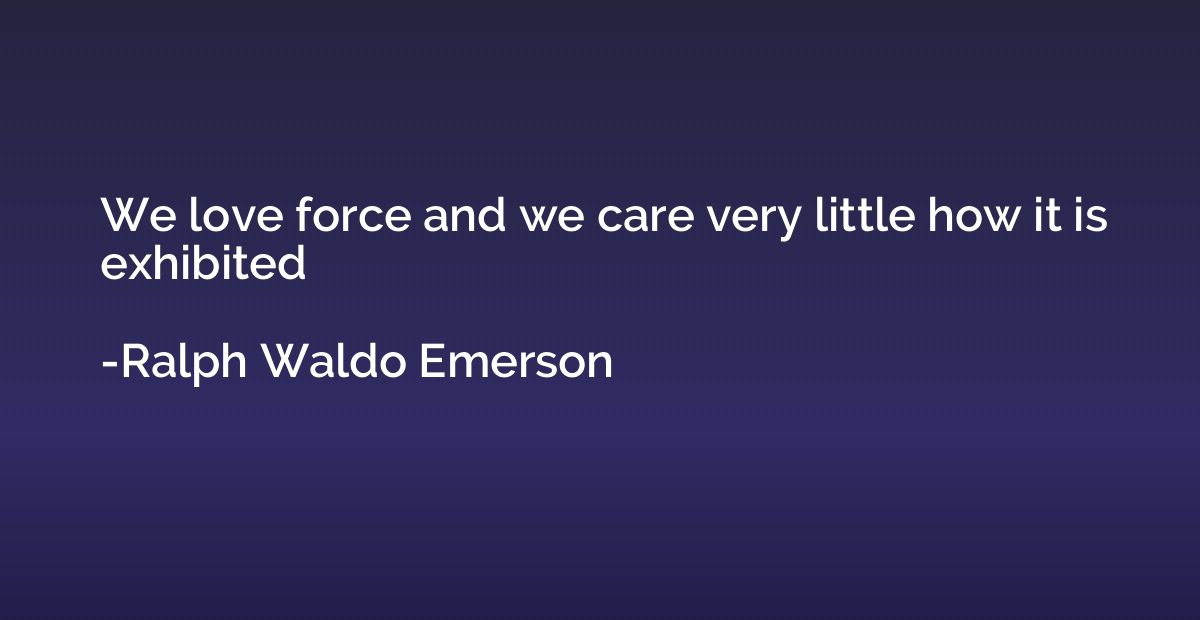Summary
This quote suggests that the truest version of reality or genuine ideas often appear absurd or unconventional when viewed by others. It implies that people are generally inclined to dismiss or ridicule ideas or perspectives that deviate from the norm. However, the quote suggests that truth and authenticity might be better represented in these seemingly absurd or outlandish notions, as they reflect a departure from established norms and hold the potential for challenging conventional wisdom. It encourages open-mindedness and the willingness to explore unconventional ideas, as they may contain deeper truths.
